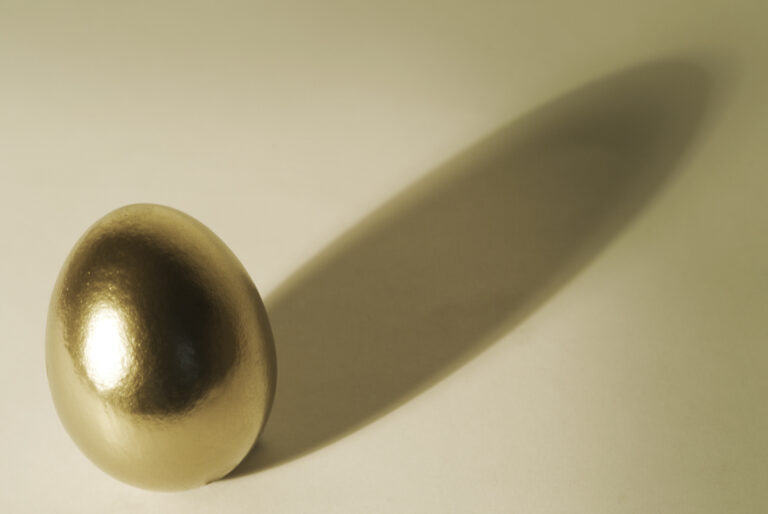

A new case out of Tax Court centers on the question of when a “deathbed gift” is considered acceptable for estate and gift tax purposes. The powerful tax law provisions used to help many taxpayers avoid federal estate tax, or reduce it to a manageable size, makes this an important decision, especially as we draw closer to a time when estate tax exemption is likely to return to a far lower number.
The two tax law provisions, described in the article “Tax Court Says When Deathbed Gifts Are Complete” from accounting WEB, are the following:
Annual gift tax exclusion. A taxpayer may give gifts to recipients under the annual gift tax exclusion without incurring any gift taxes. The exclusion, indexed for inflation in $1,000 increments, is $16,000 per recipient in 2022. It’s doubled to $32,000 for joint gifts made by a married couple. Estates can be reduced significantly with planned use of the annual gift tax exclusion. For instance, if a taxpayer and a spouse give the maximum $16,000 to five relatives for five years in a row, they will have transferred $800,000 ($32,000 x 5 x 5) out of their estate, free of taxes.
Unified estate and gift tax exemption. In addition to the annual gift exemption, gifts may be sheltered from tax by the unified estate and gift tax exemption. As of this writing, the exemption is $10 million, indexed for inflation, which brings it to $12.06 million in 2022. It is scheduled to drop to $5 million, plus inflation indexing, in 2026.
Using the exemption during the taxpayer’s lifetime reduces the available estate shelter upon death. These two provisions give even very wealthy taxpayers a great deal of flexibility regarding liquid assets.
The new case came about as a result of a resident of Pennsylvania, who executed a Power of Attorney (POA) in 2007, appointing his son as his agent. The son was authorized to give gifts in amounts not exceeding the annual gift tax exclusion. From 2007 to 2014, the son arranged annual gifts to his siblings and other family members, in accordance with the POA.
The father’s health began to fail in 2015 and he passed away on September 11. On September 6, five days before he died, the son wrote eleven checks, totaling $464,000 from the father’s investment account.
Some recipients deposited the checks before the decedent’s death, but others did not. Only one check was paid by the investment account before the decedent’s death.
The question before the Tax Court: are the deathbed gifts complete and removed from the decedent’s estate?
According to the IRS, any checks deposited before death should be excluded from the taxable estate, but the Tax Court looked to the state’s law to determine the outcome of the other checks. The Tax Court ruled the checks not deposited in time must be included in the decedent’s taxable estate.
The estate planning lesson to be learned? Timing matters. If checks are written as part of the plan to minimize taxes, they must be deposited promptly to ensure they will be considered as gifts and reduce the taxable estate.
Reference: accounting WEB (Aug. 26,2022) “Tax Court Says When Deathbed Gifts Are Complete”
The 15 minute initial phone call is designed as a simple way for you to get to know us, and for our team to learn more about your unique estate planning needs.

